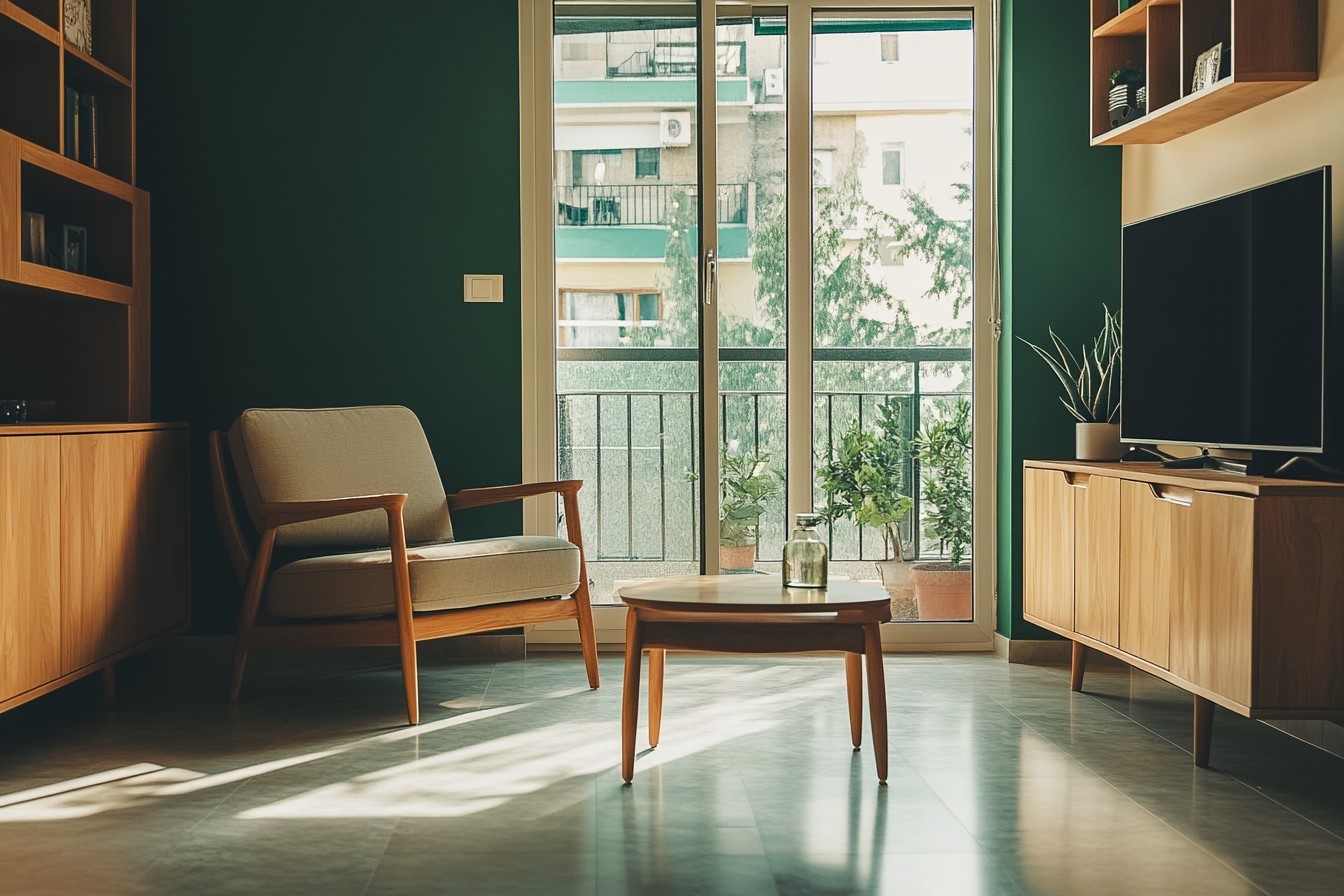Maintaining vacuum cleaners is essential for ensuring optimal performance and prolonging their lifespans. One of the most critical aspects of vacuum maintenance is filter care. Over time, filters can become clogged with dust, dirt, and allergens, which can affect your cordless vacuum suction and the air quality in your home.
In this guide, we will help you understand how often to replace your vacuum filter and the factors that influence this timeline.
Types of Vacuum Filters
Before discussing replacement frequency, it’s important to understand the different types of vacuum filters commonly found in household vacuums:
1. HEPA Filters
High-Efficiency Particulate Air (HEPA) filters are designed to trap small particles, including dust mites, pollen, and pet dander.
2. Foam Filters
Foam filters are often used in canister and bagless vacuums. They capture larger particles and can typically be washed and reused.
3. Paper Filters
These disposable filters are designed to capture dust and debris. Once they become full, they need to be replaced rather than cleaned.
General Replacement Guidelines
HEPA Filters
- Frequency: HEPA filters should generally be replaced every 6 to 12 months, depending on usage. In homes with pets or high dust levels, more frequent replacement may be necessary.
- Signs for Replacement: If you notice a musty odor, decreased suction power, or visible dirt accumulation on the filter, it may be time for a replacement.
Foam Filters
- Frequency: Foam filters can typically be cleaned and reused. They should be washed every 1 to 3 months, depending on how often you use your vacuum.
- Signs for Replacement: If the foam filter becomes damaged, torn, or retains odors even after cleaning, it should be replaced.
Paper Filters
- Frequency: Paper filters are usually designed for single use and should be replaced every 1 to 3 months, depending on how frequently you vacuum.
- Signs for Replacement: If the filter appears visibly dirty or if you notice a decrease in suction power, it’s time to replace it.
Factors Influencing Replacement Frequency
1. Usage Frequency
The more often you use your vacuum (especially in the case of pet vacuum cleaners), the more frequently you’ll need to replace or clean the filters. In high-traffic areas or homes with multiple pets, filters may clog more quickly.
2. Type of Debris
If you frequently vacuum fine particles, such as sawdust or pet hair, your filters may fill up faster. In such cases, you may need to clean or replace them more often.
3. Home Environment
Homes with allergies or asthma sufferers may benefit from more frequent filter changes to maintain better air quality. If your home is prone to dust accumulation, consider checking your filters regularly.
4. Filter Type
Different filters have varying lifespans. HEPA filters may last longer than foam or paper filters, but they may also require more careful maintenance to ensure their effectiveness.
Maintenance Tips for Vacuum Filters
To maximize the lifespan and effectiveness of your vacuum filters, consider these maintenance tips:
- Regular Inspection: Check your filters monthly for signs of dirt buildup or damage. This proactive approach can help you catch issues before they affect performance.
- Cleaning: If your filters are washable, follow the manufacturer’s guidelines for cleaning. Ensure they are completely dry before reinstalling them to prevent mold growth.
- Replacement: Keep a schedule for replacing filters based on your usage patterns. Mark your calendar or set reminders to help you stay on track.
- Consult the Manual: Always refer to your vacuum’s user manual for specific recommendations regarding filter maintenance and replacement. Different models may have unique requirements.
Getting a Cleaner Space In Minutes
Replacing your vacuum filter regularly is crucial for maintaining optimal performance and ensuring a clean home environment. By understanding the different types of filters and their recommended replacement frequencies, you can keep your vacuum running efficiently and improve indoor air quality.
Remember to consider your usage patterns, the type of debris you encounter, and the specific needs of your household when determining how often to replace your vacuum filter. Regular maintenance will not only extend the life of your vacuum but also enhance its cleaning capabilities, making your home a healthier place to live.

